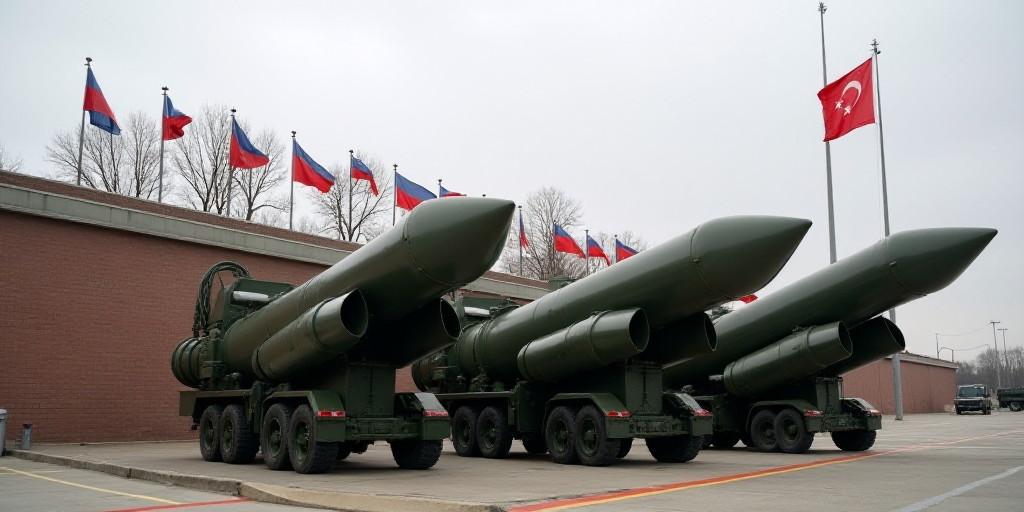Background on Key Figures and Context
Iran’s Foreign Minister, Abás Araqchi, recently stated that Tehran is not expecting a swift resumption of negotiations with the United States regarding its nuclear program. This comes after U.S. President Donald Trump suggested that talks could restart as soon as the week following his comments.
Abás Araqchi, as Iran’s chief diplomat, plays a crucial role in international relations for the Islamic Republic. His statements reflect Tehran’s stance on nuclear negotiations, which have been strained since the U.S. withdrawal from the 2015 nuclear deal (Joint Comprehensive Plan of Action or JCPOA) under the Trump administration.
The International Atomic Energy Agency (IAEA), a United Nations nuclear watchdog, has reported that Iran is currently the only state without nuclear weapons enriching uranium at high levels (60%), surpassing the 3.67% limit set by the 2015 agreement. To develop a nuclear weapon, a country needs to enrich uranium to 90% according to the IAEA.
Iran’s Conditions for Resuming Nuclear Talks
Araqchi emphasized that before engaging in further discussions, Iran must ensure the United States will not carry out additional military attacks during negotiations. He stated, “For us to decide to engage again in talks, we first need to be sure that the United States will not direct another military attack against us during the negotiations.”
Araqchi also addressed comments made by Rafael Grossi, the IAEA’s Director General, who suggested that Iran could potentially restart uranium enrichment “within months” despite the damage inflicted. Araqchi countered, “You cannot destroy technology and science of enrichment through bombardments. If we have the will to advance again in this sector, and we do, we can quickly repair any damages and recover lost time.”
Iran’s Defense Capabilities and Recent History of Attacks
Araqchi reaffirmed Iran’s readiness to defend itself in case of further attacks. He highlighted that during the 12-day “imposed war” (likely referring to recent tensions and alleged Israeli strikes), Iran demonstrated its defense capabilities. Araqchi pledged, “We have shown and proven our capability to defend ourselves, and we will continue doing so in the face of any aggression.”
Israel initiated hostilities against Iran on June 13, targeting key military and scientific figures linked to its nuclear program. The stated goal was to prevent Iran from developing a nuclear weapon. The United States joined Israel’s offensive by bombing three nuclear sites on the night of June 21-22.
After 12 days of mutual bombardment, a ceasefire was enforced on June 24 under President Trump’s order.
Key Questions and Answers
- Who is Abás Araqchi? Abás Araqchi is Iran’s Minister of Foreign Affairs, responsible for managing the country’s international relations.
- What is the current state of Iran’s nuclear program? Iran continues to enrich uranium at high levels (60%), exceeding the 3.67% limit set by the 2015 nuclear deal. This is monitored by the International Atomic Energy Agency (IAEA).
- Why is Iran hesitant to resume nuclear talks with the US? Iran wants assurance that the United States will not carry out further military attacks during negotiations.
- What recent events have impacted Iran’s nuclear program? Israel and the United States conducted a series of strikes against Iranian nuclear sites in June, prompting Iran to emphasize its defense capabilities.






